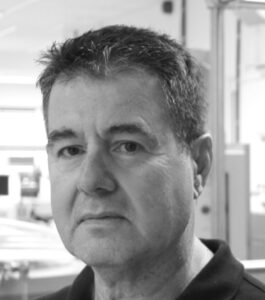ECO-FORCE FUELS: ECO-eFficient biORefinery for Competitive production of grEen renewable shipping FUELS

ECO-FORCE FUELS aims to produce low-emission marine biofuels via complete conversion of forest residues. A continuous organosolv process will be used to separate cellulose and hemicellulose from lignin. Microbial lipids will be produced from cellulose and hemicellulose hydrolysates; whereas hydrothermal liquefaction of lignin will yield bio-oil that can be easily fractionated into light and heavy oil.
In the previous STEM GOLdJETFUEL project, the light fraction was successfully upgraded to oxygen-free aromatics for use as aviation fuel. The present project will upgrade the heavy oil fraction and bio-lipids to bunker fuel and the light fraction to chemicals.
The resulting sulfur-free marine bio-crude will comply with existing fuel standards and strict emission regulations, as well as with improved fuel efficiency requirements of future vessels. Combining the mixture of lipids and heavy bio-oil with conventional petroleum-derived oil will result in affordable and renewable marine fuel.

Pavlos Christakopoulos
Luleå University of Technology (LTU)

paul.christakopoulos@ltu.se
Project information
Participants
LTU
BASF SE
Lund University
RISE Research Institutes of Sweden AB
RISE Processum AB
Scandinaos AB
Hulteberg Chemistry & Engineering AB
Time schedule
January 2023 - December 2025
Total cost of project
10 914 999 SEK
Swedish Energy Agency project number
2022-00537
More projects

Wood powder firing in directly heated grain dryers for increased resource efficiency and lower CO2-emissions
Wood powder fired grain dryers pose low risk to food safety In this project, a test dryer for grain has been developed…
Manager: Susanne Paulrud
Completed: 2023-03-10

Substitution of fossil-based carbon with lignin in furnace electrodes for the metallurgical industry
At present, the metallurgical industry is using large quantities of fossil-based carbons. For example, manufacturing of anodes and cathodes for the primary…
Manager: Peter Rättö
Ongoing

Forest of all values? – Methods for inventory and valuation of the forest’s various benefits
The forest is expected to deliver in a wide range of ways, from being a renewable resource and creating biodiversity to capturing…
Manager: Maria Iwarsson Wide
Ongoing


